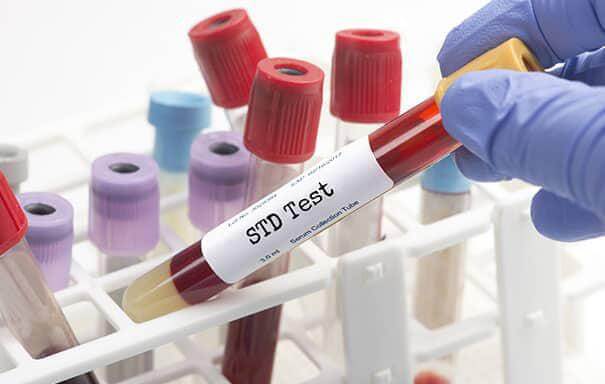Discreet Doorway to Diagnosis and Care: Navigating STDs with Urgent Care
Sexually transmitted diseases (STDs) can trigger a symphony of anxieties: uncertainty, fear, and questions about next steps. While visiting your primary care physician might be your first thought, urgent care emerges as a convenient and discreet alternative, offering immediate access to testing, diagnosis, and initial treatment for a range of STDs. This article demystifies the experience of seeking STD care at urgent care, guiding you through what to expect, available tests and treatments, and the advantages of choosing this route.
When Should You Consider Urgent Care for STDs?
Urgent care can be a valuable option in several scenarios:
- Immediate Symptoms: Experiencing concerning symptoms like genital pain, unusual discharge, or urinary discomfort warrants prompt evaluation.
- Exposure Risk: Recent unprotected sexual contact with a new partner or potential exposure puts you at risk.
- Limited Access to Regular Care: Lack of insurance or difficulty scheduling an appointment with your primary care physician leaves you seeking alternative options.
- Confidentiality Concerns: Discreetly accessing testing and early treatment might be a priority.
Demystifying the Urgent Care Experience: What to Expect on Your Visit
The process at urgent care is designed to be efficient and streamlined:
- Registration: Provide basic information and details about your concerns.
- Consultation: Discuss your symptoms and risk factors with a qualified healthcare professional.
- Testing: Based on your consultation, they will recommend appropriate STD tests, often rapid tests offering results within minutes.
- Diagnosis and Treatment: If a positive test is confirmed, the healthcare provider will discuss treatment options and initiate initial therapy if necessary.
- Follow-up Instructions: You will receive instructions for further testing, potential prescriptions, and recommendations for ongoing care, often directing you to your primary care physician for comprehensive management.
The Symphony of Testing Options: Understanding Common STD Tests Offered at Urgent Care
Urgent care centers typically offer a range of tests for the most prevalent STDs:
- Bacterial STDs: Gonorrhea, chlamydia, and syphilis can be detected through urine or swab tests, with rapid options available for some.
- Viral STDs: Tests for herpes simplex virus (HSV), HIV, and hepatitis B and C are often blood tests, with rapid options sometimes available for HIV.
- Chlamydia and Gonorrhea Combination Tests: Combined urine tests for both chlamydia and gonorrhea offer convenience and efficiency.
Tuning the Treatment Melody: Exploring Initial Therapy Options at Urgent Care
Depending on the diagnosed STD, urgent care can provide initial treatment:
- Antibiotics: Effective antibiotics are readily available for bacterial STDs like gonorrhea and chlamydia.
- Antiviral Medications: While not a cure, antiviral medications can manage symptoms and decrease the risk of transmission for certain viral STDs like herpes and HIV.
- Pain Management: Medications can alleviate discomfort associated with symptoms like genital pain or urinary tract infections.
Beyond the Urgent Note: The Continued Chorus of Care and Follow-up
Urgent care serves as the opening act in your STD care journey:
- Referrals: They will likely refer you to your primary care physician for ongoing management, including partner notification and additional testing.
- Prevention Education: Urgent care providers can offer counseling on safer sex practices and prevention methods.
- Emotional Support: They can acknowledge the emotional challenges associated with STDs and connect you with appropriate resources for support.
Conclusion:
Navigating the world of STDs can be daunting, but urgent care offers a discreet and accessible entry point for diagnosis, initial treatment, and guidance towards comprehensive care. Remember, early detection and intervention are crucial for managing STDs, preventing complications, and protecting your sexual health. With the information provided here, you can confidently navigate the journey, prioritize your well-being, and access the essential resources available through urgent care to address your concerns and reclaim your peace of mind.


